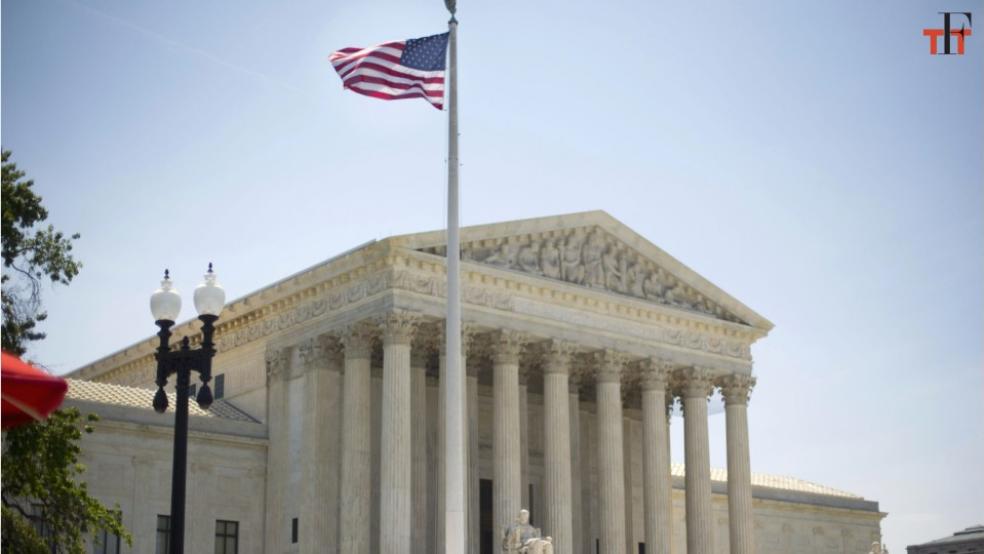The Supreme Court on Thursday rejected a constitutional challenge to the way the Consumer Financial Protection Bureau is funded, delivering a blow to the agency’s right-wing critics and handing a win to the Biden administration.
The CFPB was created under the 2010 Dodd-Frank Act and tasked with consolidating and supervising consumer protections, including those for financial products including mortgages and car loans, that had previously been the purview of various arms of the government. The legislation, passed in the wake of the 2008 financial crisis and signed into law by President Barack Obama, provided a different funding mechanism for the new agency: It gets money directly from the Federal Reserve rather than through the annual congressional budgeting and appropriations process.
The agency says that it has delivered more than $20 billion in relief to hundreds of millions of Americans and handled more than 4 million consumer complaints. But it has also made some tenacious enemies who have subjected it to a barrage of criticisms and attacks over the years, with many on the right slamming what they see as regulatory overreach and unnecessary red tape.
In a lawsuit, payday lenders challenged the agency’s funding structure, arguing that it violated the Constitution, which gives Congress the power of the purse. A federal appeals court in New Orleans had accepted that argument, ruling that the funding did violate the Constitution’s appropriations clause and allowed the agency to function without proper congressional oversight.
In a 7-to-2 decision handed down on Thursday, the Supreme Court reversed that ruling. “Under the Appropriations Clause, an appropriation is simply a law that authorizes expenditures from a specified source of public money for designated purposes. The statute that provides the Bureau’s funding meets these requirements,” Justice Clarence Thomas wrote in the majority opinion.
Two of the court’s conservatives justices, Samuel Alito and Neil Gorsuch, dissented. “The court upholds a novel statutory scheme under which the powerful Consumer Financial Protection Bureau (CFPB) may bankroll its own agenda without any congressional control or oversight,” Alito wrote.
President Joe Biden and consumer advocates celebrated the decision. “Today’s Supreme Court ruling is an unmistakable win for American consumers,” Biden said in a statement. “In the face of years of attacks from extreme Republicans and special interests, the Court made clear that the CFPB’s funding authority is constitutional and that its strong record of consumer protection will not be undone.”





